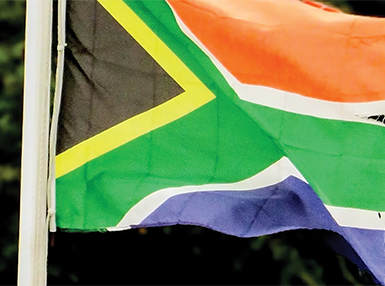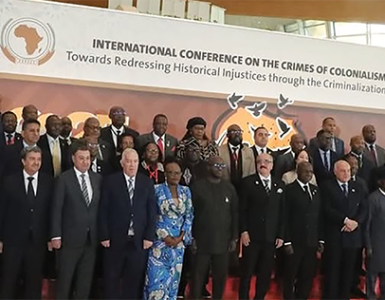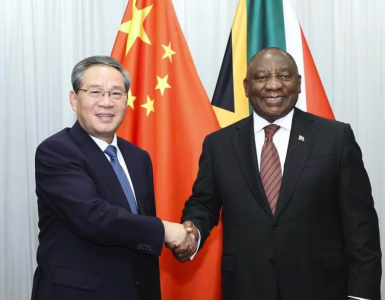THE memorable feat of thousands of women who fought for their dignity by protesting against the carrying of the dompas during the apartheid era 65 years ago, will be celebrated on Monday next week.
Women’s Day is heralded as a day to pay tribute to the nearly 20 000 women who marched on the Union Buildings in Pretoria on August 9 1956, to submit a petition with 100 000 signatures protesting against the apartheid government’s decision that black women must also carry the dompas – like their male counterparts. The move – at the time – was to control the movement of women in the urban areas.
While we celebrate the gallant efforts of these heroines, we are however saddened by the fact that a large number of women in this country are still marginalised and subjected to patriarchy, sexism and ageism. Worse, they are subjected to violent treatment, especially at the hands of their partners.
A total 2700 women have been murdered as a result of gender-based violence since 2000 in this country. This is unacceptable. Men have to be reminded that violence can negatively affect women’s mental, sexual and reproductive health.
According to the World Health Organisation (WHO), one in three women out of nearly 736 million women worldwide are subjected to physical or sexual violence by their intimate partners. Almost 27 percent of women aged between 15 and 49 years who have been in a relationship have reported that they had been subjected to some form of physical or sexual abuse by their intimate partners worldwide.
In South Africa, women were still subjected to domestic violence, discrimination, unequal pay and harassment at the workplace. Yet, the reality is “that gender equality is not only a fundamental human right, but a necessary foundation for a peaceful, prosperous and sustainable world,” according to ConnectHer, an organisation that promotes women’s projects.
In many instances, women have proven to be as capable as men, occupying all manner of leadership positions with skill and passion. In that regard, we are reminded of great women leaders such as Charlotte Maxeke, who was instrumental in the establishment of the ANC Women’s League in 1913and mobilising women to fight for freedom in this country.
Women, therefore, ought to be respected. Real men do not abuse. They protect.
While we are currently experiencing the deadly pandemic of Covid-19, it is the women who are on the frontlines of this crisis as nurses and health care workers, working long hours to save lives and to administer vaccine jabs to hundreds of thousands of people daily to combat the spread of the pandemic.
We are appealing to all men who are still trapped in communal stereotypes and have internalised the behaviour of treating women like slaves or mere objects, to stop their inhumane and violent actions. Women are also human beings who have a right to live and enjoy their rightful positions under the sun without any form of discrimination.
In the end, there is an unedifying interconnectedness among all forms of prejudice and bigotry, as Lisa Kimmerer warns in this quote: “Violence is central to patriarchy, and the forms of systemic violence are interconnected in Western societies. Recognising similarities across forms of oppression (such as racism, child abuse, speciesism, and sexism, for example) is essential.”
Indeed, these prejudices have tended to feed off one another to create a vicious cycle of systemic violence, resulting in moral infection that has served only to poison the fibre of our society.
Thus, we must condemn violence in all its forms to reverse the moral decay in our communities.





























